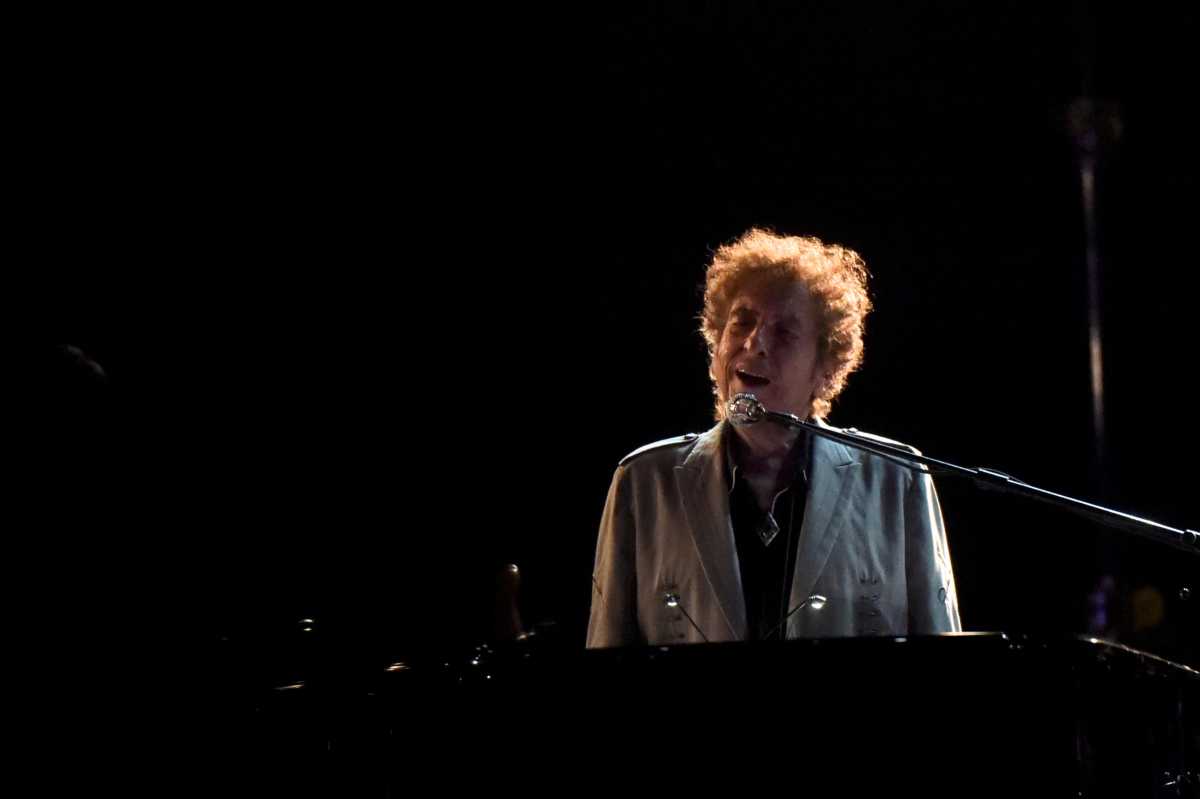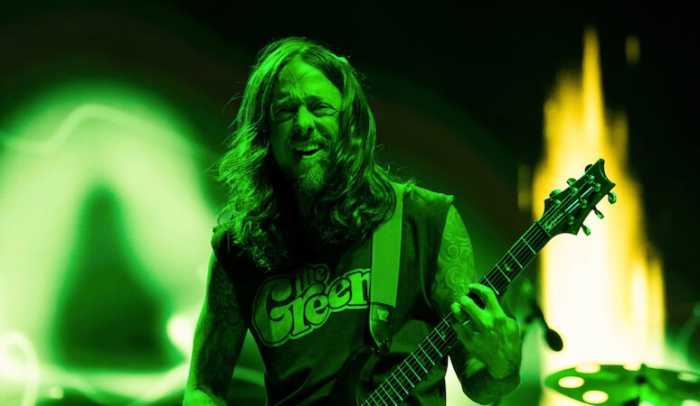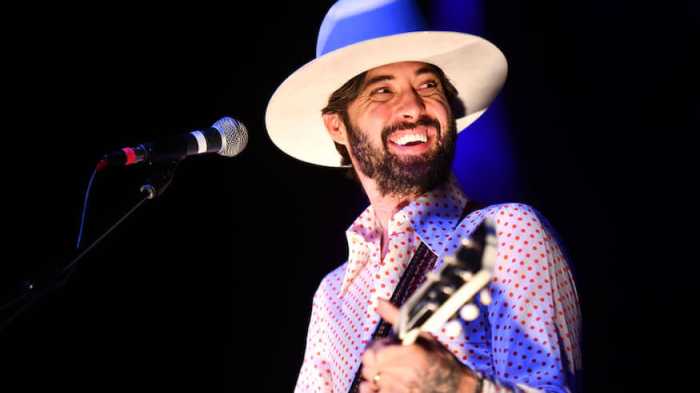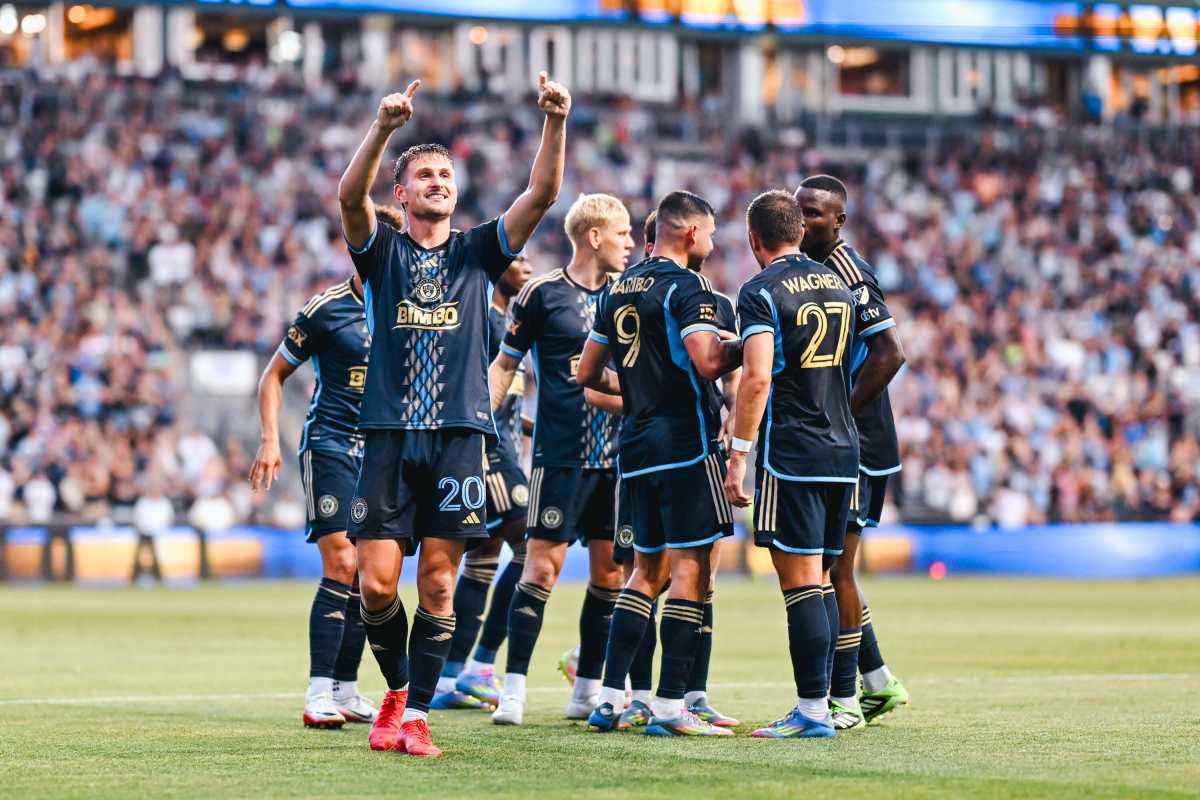What motivates the elusive and enigmatic Bob Dylan, the Bard of the 20th and 21st centuries, who picks up where he left off, pre-pandemic, with two new concert dates at the Met Philadelphia, Monday and Tuesday?
To create modern music’s most literary, most intuitive, most socially, culturally and politically conscious body of work, from the start of his career to the present?
To name drop his way through pop cultural and historic figures on 2020’s “Rough and Rowdy Ways,” his most recent album of original songs since 2012’s “Tempest,” including a poetic lament to the day John F. Kennedy died, the epic 17-minute “Murder Most Fowl,” which pits Wolfman Jack alongside Jack Ruby and Lee Harvey Oswald?
To suddenly sing out as he has on 2016’s “Fallen Angels” and “Rough and Rowdy Ways” in a dreamy croon, so very different than his usual death rattle rasp?
To sell off his entire publishing catalog of songs, 600-plus copyrights spanning more than 60 years to Universal Music Publishing Group without addressing future compositions?
To prank audiences and fellow artists alike by creating an explosive fiction around his legendary Rolling Thunder Revue tour courtesy of “A Bob Dylan Story” by Martin Scorsese on Netflix?
To, as a Jew, turn to a deep belief in the Christian faith (and back again) as evidenced (and cataloged) on his most recent archival box set, 2021’s “Springtime in New York: The Bootleg Series Vol. 16 (1980-1985)?”
To carry on with the Never-Ending Tour since 1988, logging over 3,000 shows whose road-dogging only ceased due to the pandemic?
“Well, you know, motivation is something you never know behind any song, really,” said Dylan, regarding the creative process during a rare interview with American Songwriter magazine
“Anybody’s song, you never know what the motivation was. It’s nice to be able to put yourself in an environment where you can completely accept all the unconscious stuff that comes to you from your inner workings of your mind. And block yourself off to where you can control it all, take it down. Edgar Allan Poe must have done that. People who are dedicated writers, of which there are some, but mostly people get their information today over a television set or some kind of a way that’s hitting them on all their senses. It’s not just a great novel anymore. You have to be able to get the thoughts out of your mind.”
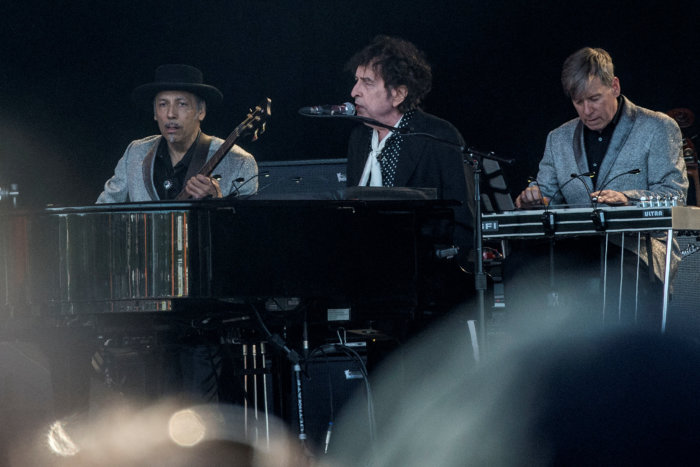
Getting the thoughts out of one’s mind have come from him – lately, in his stream of conscious fashion on “Rough and Rowdy Ways” – in a manner befitting a man speaking in tongues; occurring in, what he told the New York Times in 2020, a “kind of in a trance state. Most of my recent songs are like that… The songs seem to know themselves and they know that I can sing them, vocally and rhythmically. They kind of write themselves and count on me to sing them.”
During that same interview with the Times, Dylan – who is now, despite an athletic workout regimen, still 80 years young – wrestled with the road, aging and mortality in the broadest of senses, focusing on the greater good and humanity that he does his own finality. “I think about the death of the human race. The long strange trip of the naked ape… Every human being, no matter how strong or mighty, is frail when it comes to death. I think about it in general terms, not in a personal way.”
Bob Dylan – who famously opened Live Nation’s Met Philadelphia with its first gig, in December of 2018 – may claim to think of life and death in general terms. But in accordance with a nearly seven-decade long body of written and performative work, up to and including “Rough and Rowdy Ways,” that’s not how he plays it.



